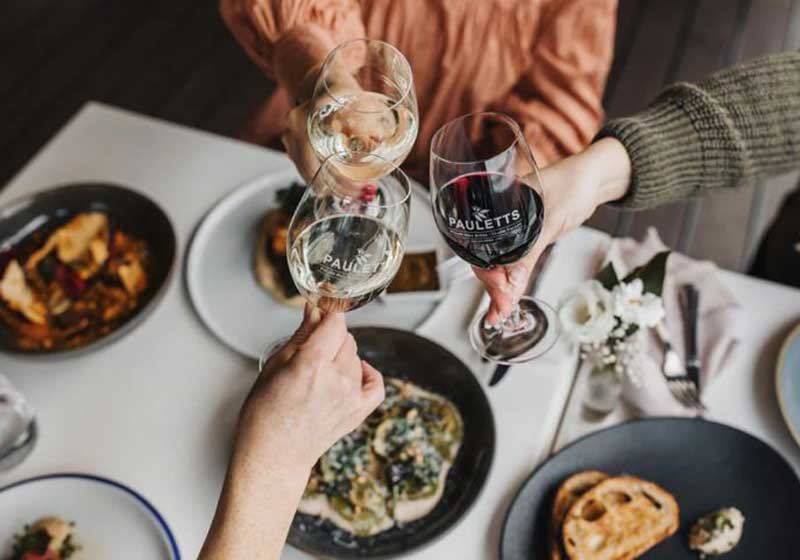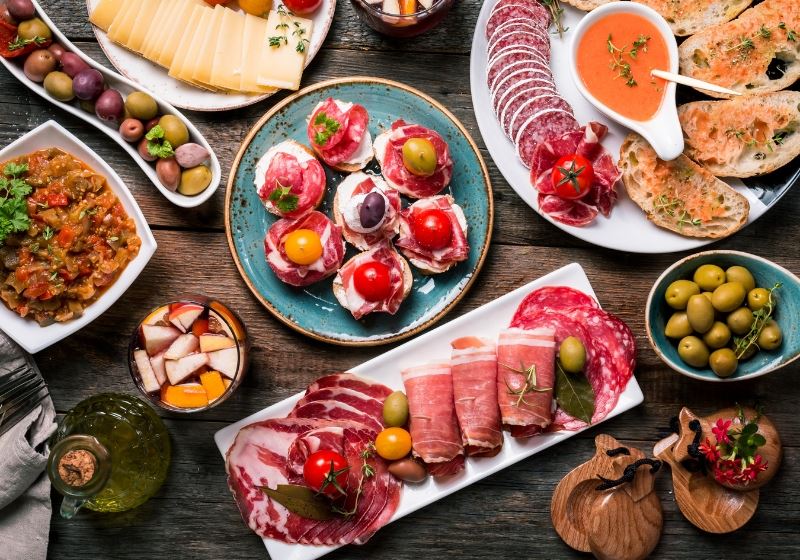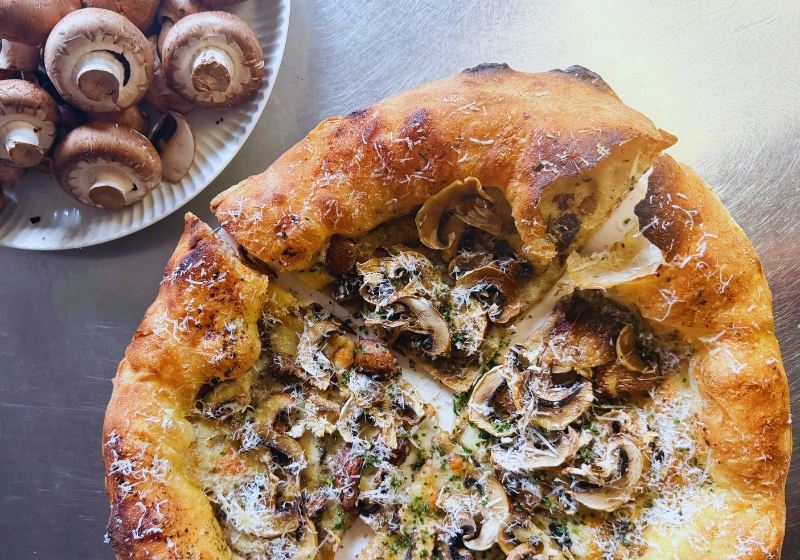The African sun dips low, casting long amber shadows across the savannah. A soft breeze carries the scent of wild grasses, warm earth and distant rain. Somewhere in the brush, an impala flicks its ears, alert yet unafraid.
This is the Africa that lives in memory and myth - untamed, timeless and deeply alive. It is here, in this cradle of nature, that the story of ethical African game meat begins.
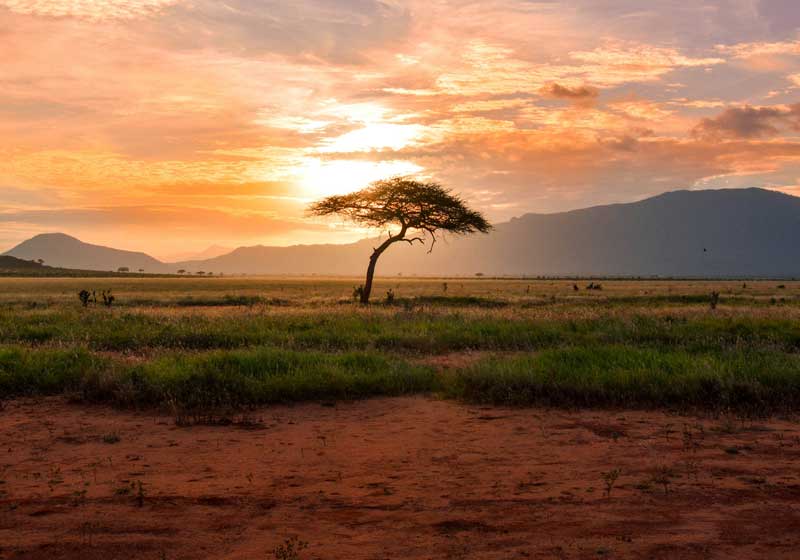
A Feast Written by the Land
Unlike farmed cattle or pigs, Africa’s game animals are not bound by fences or fed from troughs. They roam freely beneath open skies, grazing on acacia pods, sweet veld grasses and mineral-rich soil. The meat they provide is more than food - it is a distillation of the landscape itself.
Take kudu, for instance. Its flesh carries a delicate sweetness, reminiscent of the tender shoots it nibbles in early Spring. Springbok offers a lean, almost ethereal richness, shaped by the semi-arid plains it inhabits.
Each bite tells a story of place, of survival, of wild rhythm. This is terroir expressed not through grapes and wine, but through flesh and bone - Africa on the plate.
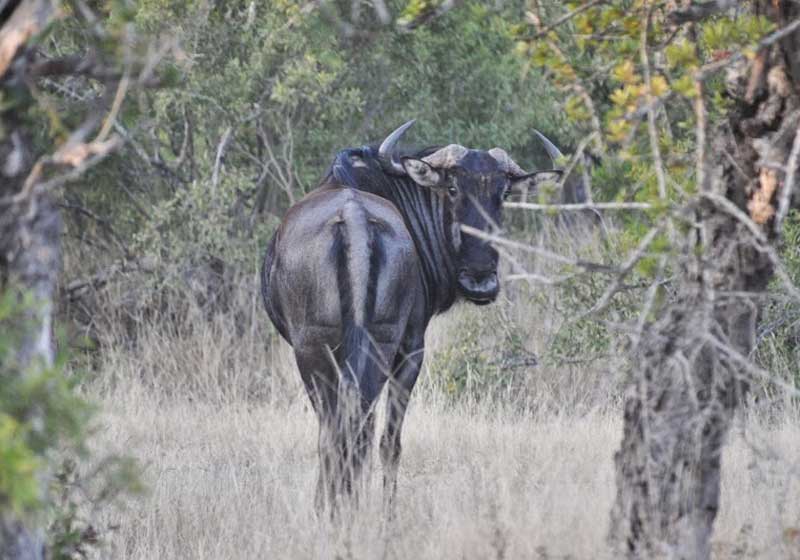
Where Ethics and Tradition Meet
There is an ancient reverence in how game is harvested. In villages and reserves alike, the act is performed with care and respect. Ethical culling ensures that populations remain in balance, preventing overgrazing and protecting fragile ecosystems. No part of the animal is wasted - meat nourishes families, hides become leather and bones are shaped into tools and art.
It is a philosophy not of taking, but of balance. Every animal harvested sustains both nature and people. The revenue flows back into anti-poaching patrols, wildlife sanctuaries and local communities, creating a circle of life in which conservation and cuisine intertwine.
The Flavour of Freedom
On the tongue, ethical African game meat is a revelation. It is leaner, cleaner and richer in iron than industrially farmed meat. The flavour is wild yet refined - earthy notes layered with the brightness of grasslands and the musk of sun-warmed soil.

Picture dining in the open air: a venison loin grilled over acacia coals, its smoke carrying whispers of the bushveld. Beside it, maize pap and a bright tomato relish, simple yet perfect. As the Milky Way ignites above, the meal becomes more than sustenance - it becomes communion with the land itself.
Sustaining People, Sustaining Place
Beyond the plate, ethical game meat tells a story of empowerment. In remote corners of Namibia, Botswana and South Africa, communities rely on this industry not just for income but for identity. Each carefully managed harvest brings food security, schooling for children and jobs for trackers, butchers and guides.
To choose this meat is to support more than your own nourishment. It is to support a grandmother weaving leather, a child learning under the shade of a baobab and a ranger walking the land at dawn. It is to give back to the soil that feeds us all.

A Conscious Indulgence
In a world grappling with the heavy footprint of industrial farming, ethical African game meat shines as a rare indulgence that is also a responsible choice. It challenges us to rethink meat not as an anonymous product wrapped in plastic, but as a story - a life lived wild, a landscape preserved, a community supported.
To sit at a table with game on your plate is to savour more than flavour. It is to taste the pulse of Africa herself: fierce, fragile and profoundly beautiful. It is a reminder that eating can be an act of honour, a celebration of balance and a step toward a more sustainable world.


